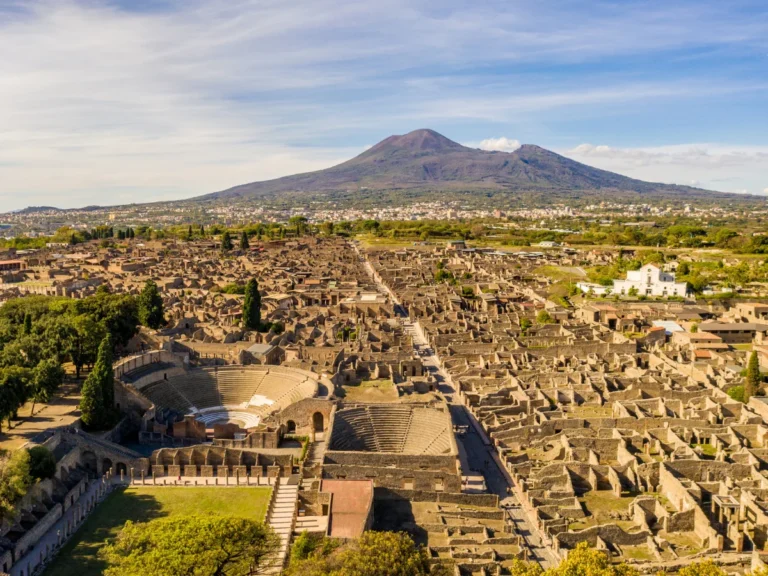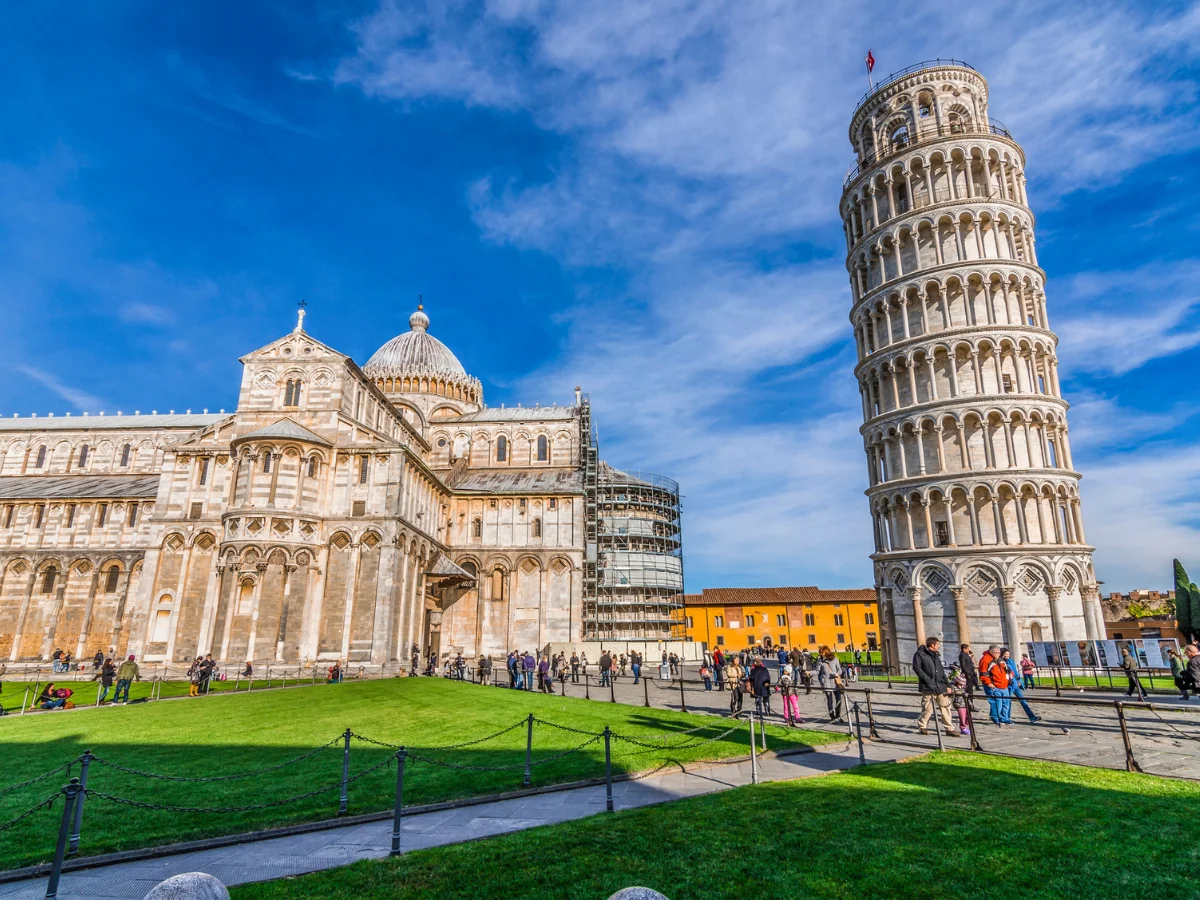Marcus Terentius Varro
Marcus Terentius Varro, a prominent scholar of Ancient Rome, made notable contributions to astronomy, among other fields. Despite the loss of much of his astronomical writings, Varro’s influence is evident in references from his contemporaries and later scholars. He integrated astronomical principles into various disciplines, including agriculture and architecture, underscoring the importance of celestial observations in Roman life. Varro’s interdisciplinary approach and philosophical reflections enriched Roman intellectual discourse. Transitioning to later eras, Varro’s works continued to shape education and scholarship, leaving a lasting legacy.

Ancient Rome: Marcus Terentius Varro
Introduction to Varro
Marcus Terentius Varro, a Roman scholar and polymath of the 1st century BC, made significant contributions to various fields, including astronomy.
Wide-ranging Scholarship
Varro’s interests extended beyond astronomy to encompass agriculture, language, religion, and architecture. He was one of the most learned men of his time.
Astronomical Works
Although much of Varro’s astronomical writings are lost, references to them in other ancient texts indicate his influence and expertise in the field.
Integration of Astronomy
Varro incorporated astronomical principles into his works on agriculture and architecture, emphasizing the importance of celestial observations in various aspects of Roman life.
Philosophical Reflections
In addition to practical applications, Varro engaged in philosophical discussions about the nature of the cosmos and humanity’s relationship to the stars.
Educational Influence
Varro’s works played a significant role in Roman education, shaping the intellectual development of future generations of scholars and thinkers.
Scholarly Network
Varro was part of a vibrant intellectual community in ancient Rome, exchanging ideas with other scholars and contributing to the cultural and scientific flourishing of the era.
Legacy and Influence
Despite the loss of many of his original works, Varro’s legacy endures through references and citations in later texts. His interdisciplinary approach to knowledge continues to inspire scholars today.
Cultural Context
In ancient Rome, astronomy held both scientific and religious significance, with celestial phenomena often interpreted as omens or symbols of divine favor.
Conclusion
Marcus Terentius Varro, with his wide-ranging scholarship and integration of astronomy into various fields, left a lasting impact on ancient Roman intellectual life. His contributions to astronomy, alongside his endeavors in other disciplines, reflect the richness and complexity of Roman thought and culture.



